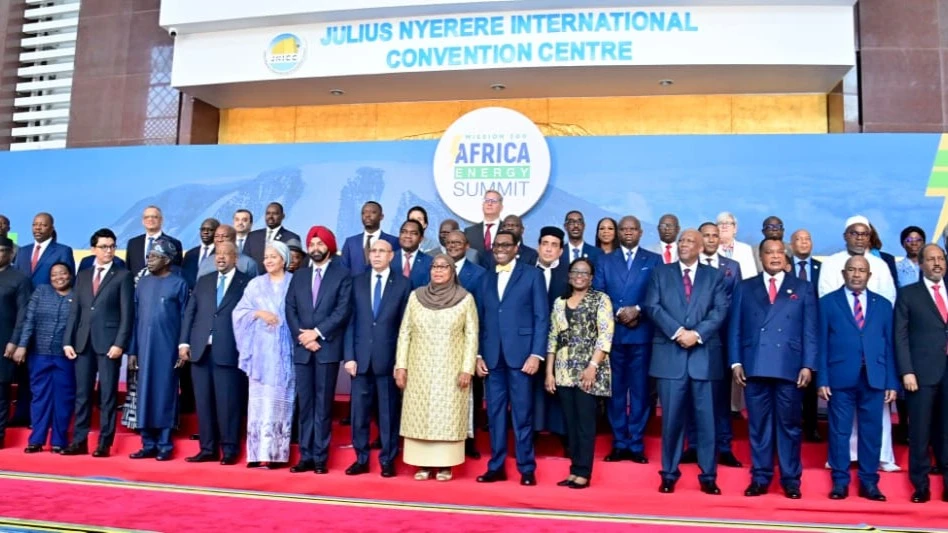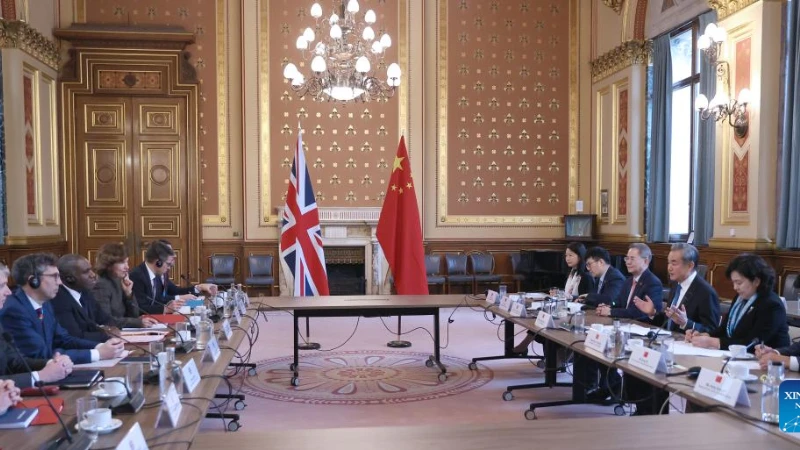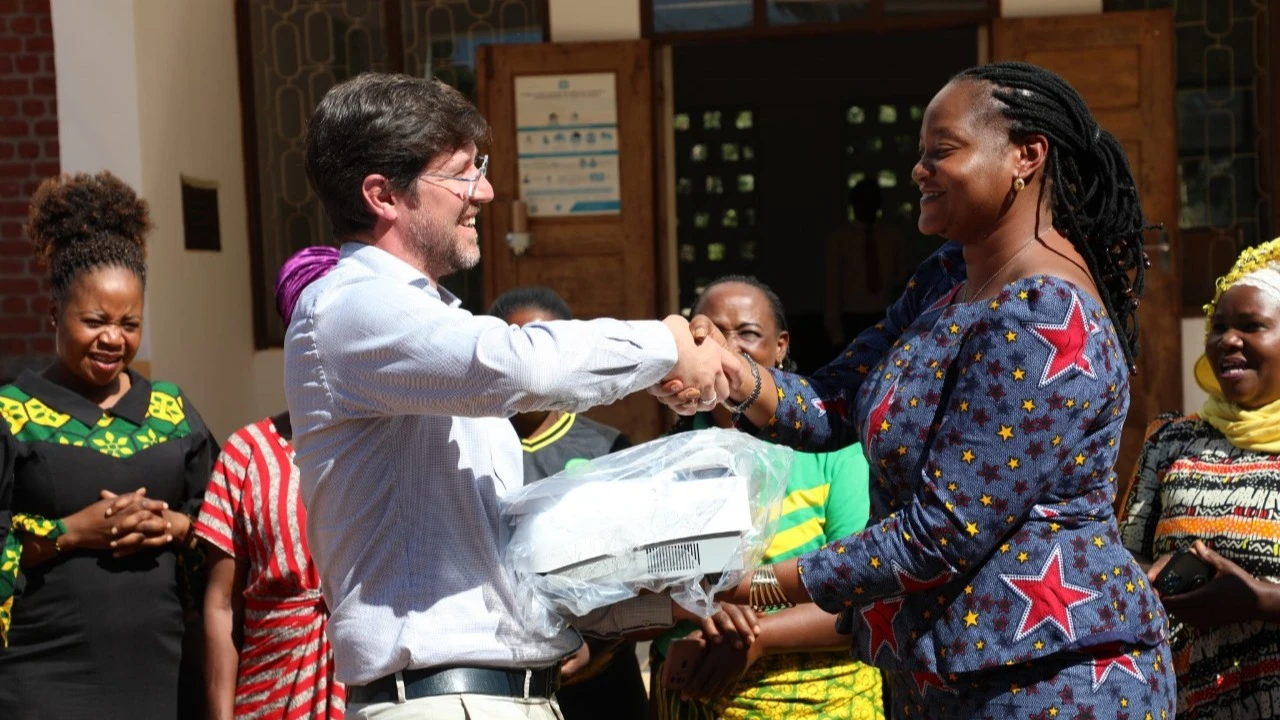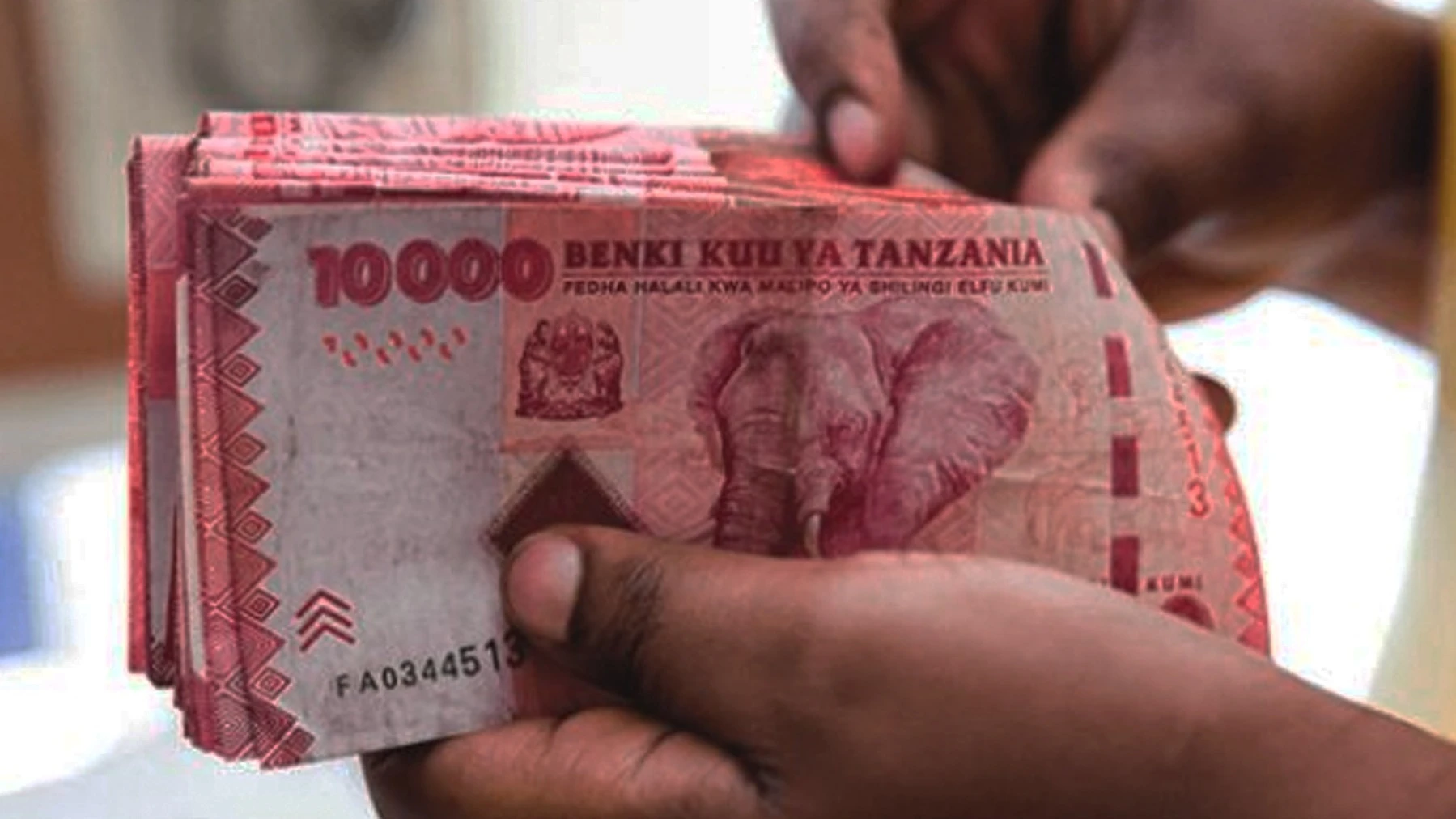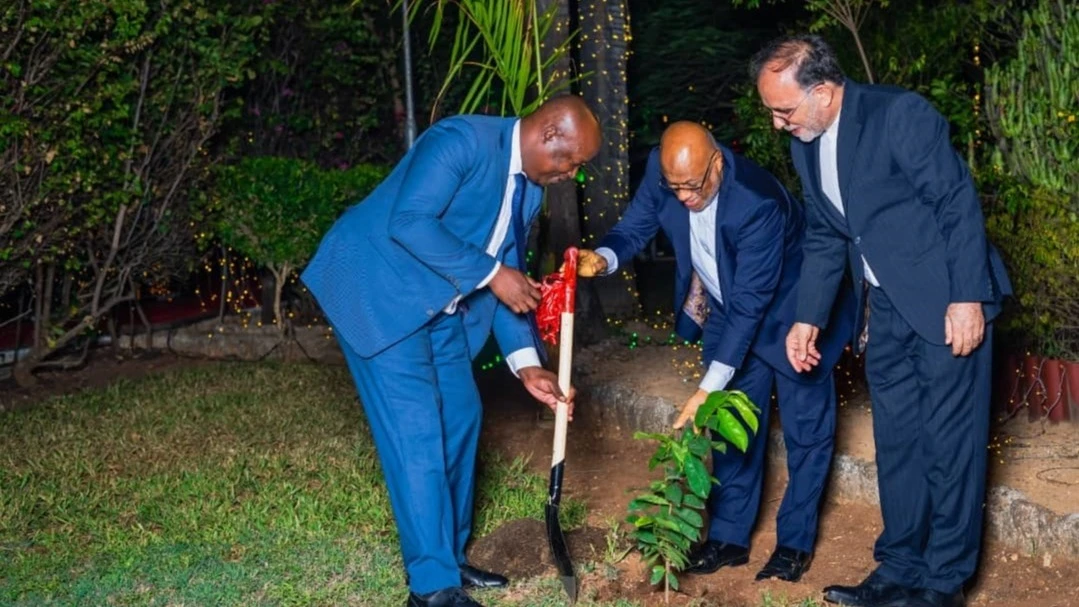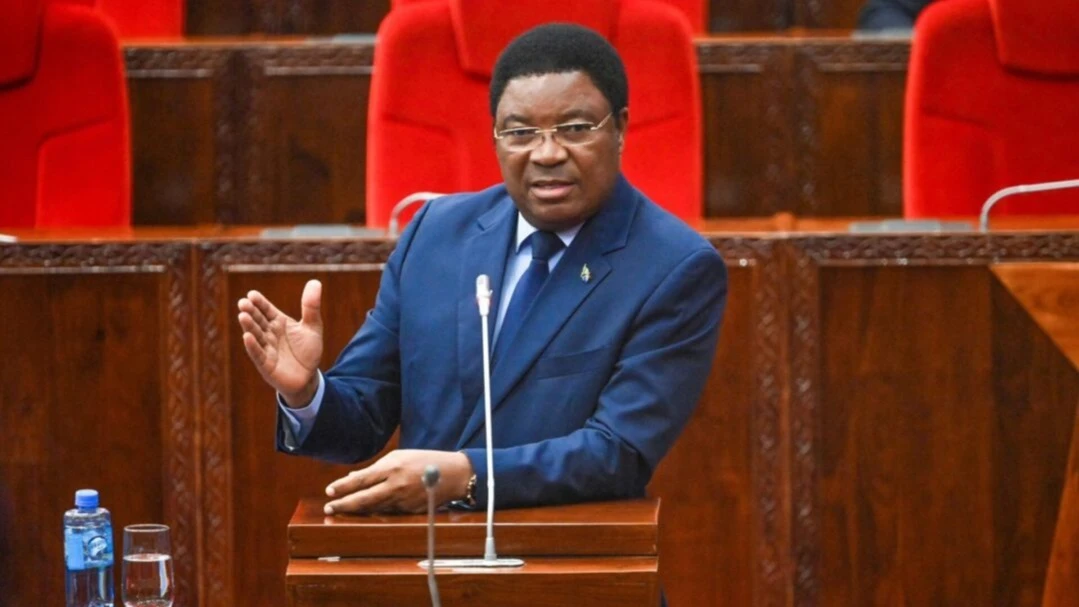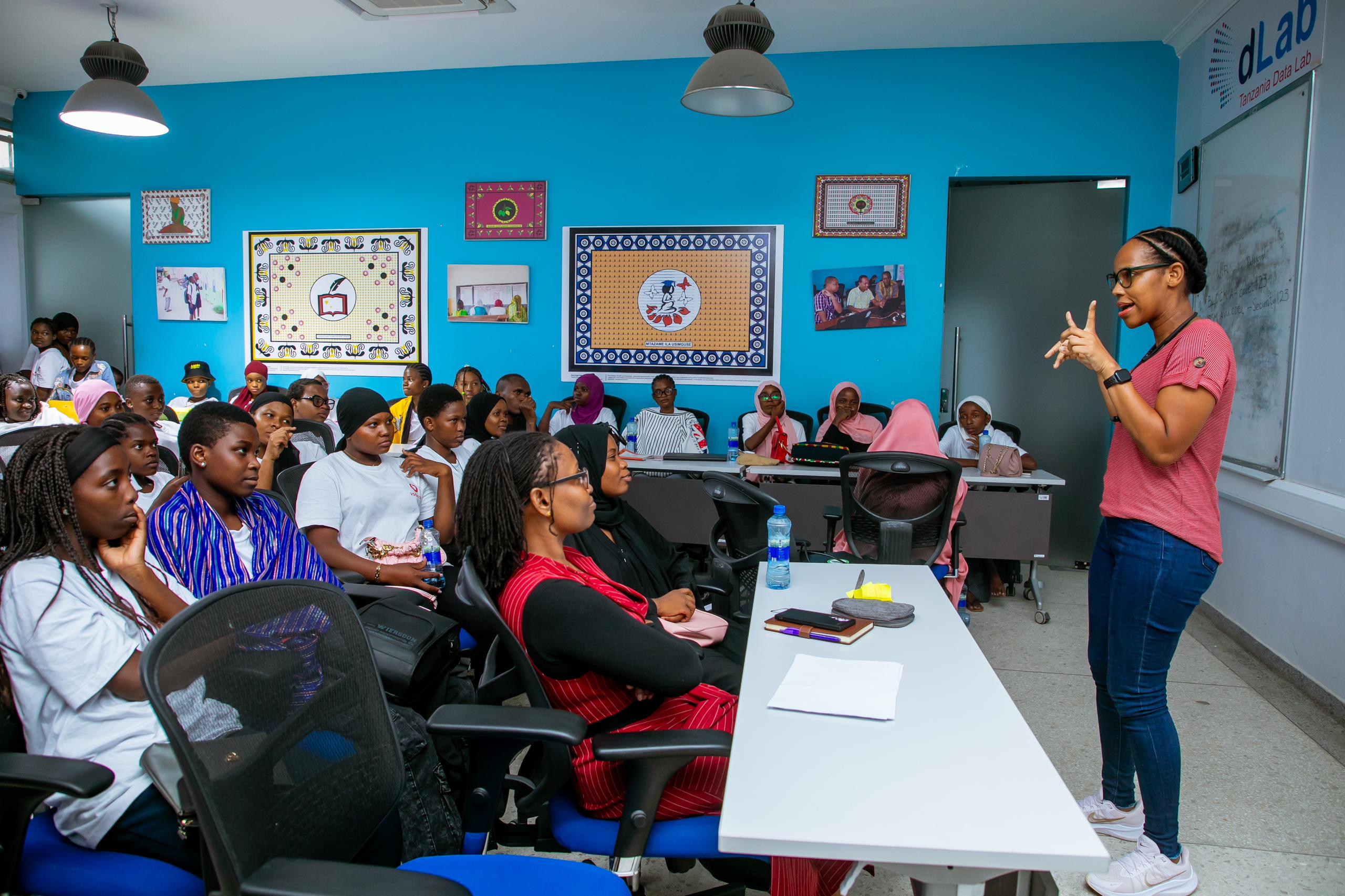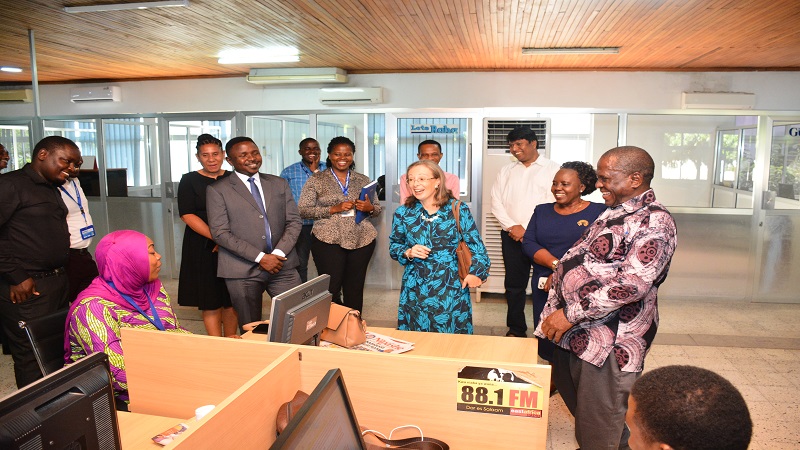How local governments can utilise PPP to boost infrastructure, services delivery
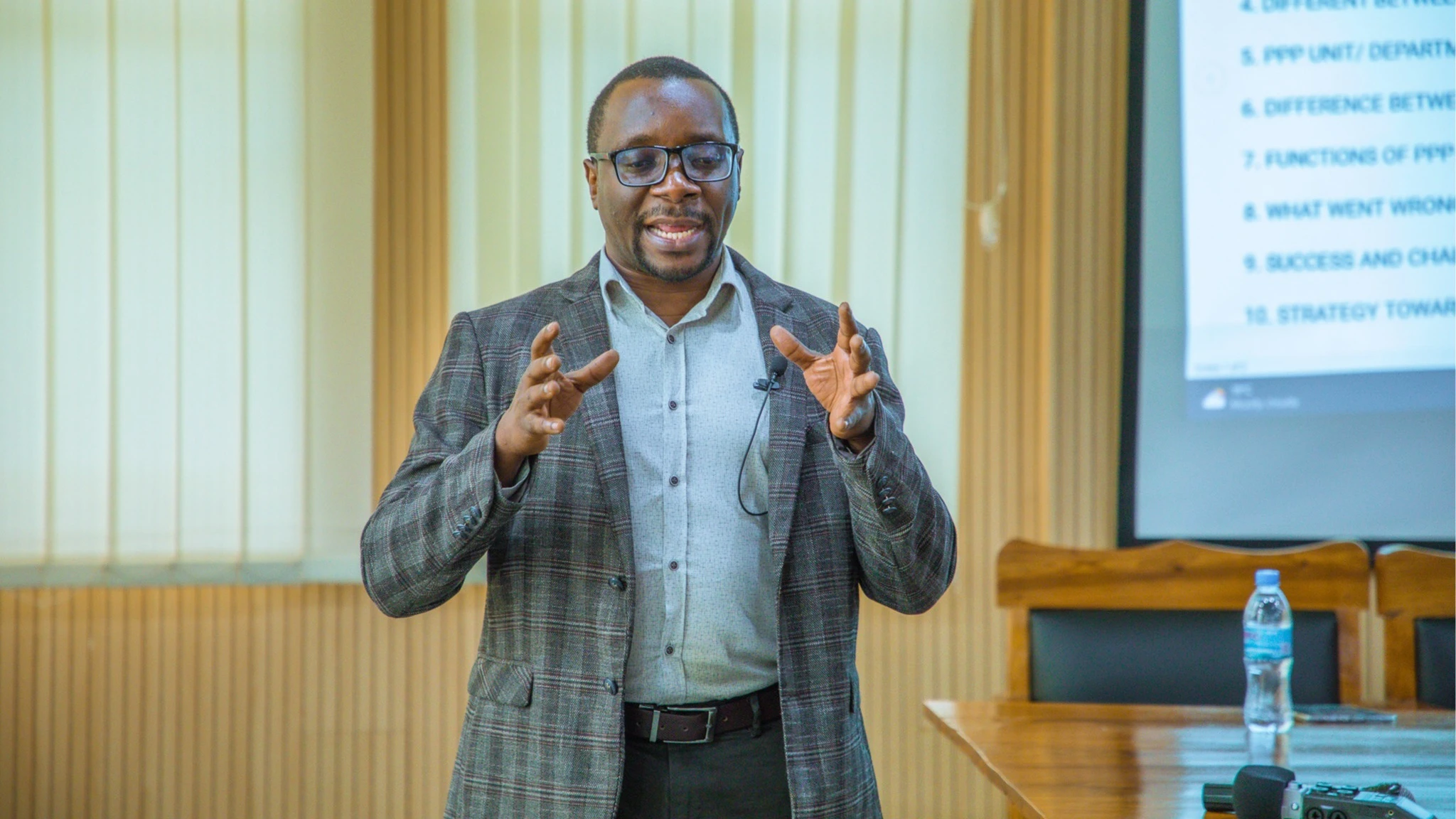
Local governments in Tanzania are setting to increase utilisation of Public-Private Partnerships (PPPs) to enhance infrastructure and service delivery by leveraging private sector expertise, efficiency, and capital.
PPPs will facilitate the development of road networks, water supply, waste management, and healthcare services through joint investments.
The private sector are expected brings innovation and operational efficiency, reducing the financial burden on the government’s balance sheet, while ensuring the projects sustainability.
For example, PPPs in energy and transport have significantly improved rural electrification and urban mobility.
However, challenges such as regulatory frameworks and risk-sharing mechanisms require strategic policy interventions.
Strengthening legal frameworks and ensuring transparency in PPP agreements will maximize public benefits and drive economic growth.
Tanzania's PPP framework is governed by the Public Private Partnership Act, Cap. 103 originally enacted in 2010.
This legislation establishes the institutional and legal structures for implementing PPP agreements between public and private entities to enhance infrastructure development and service delivery.
In 2023, significant amendments were introduced through the Public Private Partnership (Amendment) Act No. 4 of 2023.
These changes were designed to streamline processes, encourage private sector participation, and facilitate the development of strategic projects.
Key revisions include refined procedures for project identification, evaluation, and approval, along with updated definitions and roles within the PPP framework.
Complementing these legislative updates, the Public Private Partnership (Amendment) Regulations, GN No. 838A of 2023, were enacted to align with the amended Act.
These regulations further clarify the review and approval processes, ensuring that PPP projects align with national development priorities and effectively attract private investment.
Collectively, these legislative instruments aim to create a conducive environment for PPPs in Tanzania, fostering collaboration between the public and private sectors to drive economic growth and improve public services.
Urban transportation
The Dar Rapid Transit (DART) system in Dar es Salaam is a PPP project that has transformed public transportation, improving urban mobility and reducing congestion.
The Dar es Salaam Bus Rapid Transit (BRT) system exemplifies this model, integrating private sector involvement for efficient urban transportation.
Currently, DART is responsible for oversees infrastructure development, while private entities manage operations and bus procurement.
Since its launch in 2016, the system has faced challenges, such as a limited fleet, leading to overcrowding during peak hours, but efforts are ongoing to ensure an increased participation of other operators in different corridors, which have completed and others are in stages of construction.
DART says is currently working with private sector partners to procure an additional 2,325 buses for future phases, ensuring timely expansion to meet growing transportation demands.
Local government authorities can also engage private sector in the construction and operation of bus terminals, which will also stimulate job creations.
Market and transport facilities
Regions such as In Arusha, has involved private sector in implementing the Njiro Market and Dala-dala Terminal Development Project.
The projects are being developed through a PPP model to provide modern, organized spaces for vendors and commuters.
Through the Arusha’s model, other regions and district authorities can develop such projects in their own area.
Solid waste management
The Arusha region is also implementing the Solid Waste Management Project, which is an integrated waste management system via PPP, focusing on efficient collection, processing, recycling, and disposal to promote environmental sustainability.
Education
In Kigamboni Municipality, PPPs have been implemented in primary education through collaborations with government agencies, community groups, international organizations, NGOs, faith-based organizations, and private entities.
Private sector participation in education has expanded significantly, particularly in urban areas, in nearly all local government authorities across the country.
In Kinondoni District, for example, there are many private primary schools compared to government-owned ones, which have helped to supplement the government efforts in improving learning for children, while helping to decongest public school.
In higher education, private universities and colleges complement public institutions have been established to accommodate increasing enrollment.
However, challenges such as insufficient funding and rapid student growth impact education quality.
To address this, a new PPP blueprint aims to boost investment in educational infrastructure, support services, and academic programs has been developed by the responsible ministry.
Water and sanitation
Partnerships with private sector organizations, such as eWATERpay Ltd and microfinance institutions, are also improving water supply and sanitation services in various communities.
Road infrastructure
The Tanzanian government is actively engaging the private sector in road infrastructure projects, such as the planned four-lane expressway connecting Kibaha, Mlandizi, and Chalinze.
This $340 million project aims to alleviate congestion and improve the movement of goods and people along this crucial corridor.
Structured under a Design, Build, Finance, Operate, Maintain, and Transfer (DBFOMT) model, a private entity is responsible for designing, constructing, financing, operating, and maintaining the expressway before transferring it to the Tanzania National Roads Agency (TANROADS) after the concession period.
This initiative underscores Tanzania's commitment to leveraging PPPs for infrastructure development, accelerating project implementation, accessing additional funding sources, and benefiting from private sector efficiencies.
Since he held his role as the Executive Director of Tanzania's Public-Private Partnership Centre (PPPC) in 2024, David Kafulila, has led efforts to facilitate successful PPPs across key sectors, aiming to enhance infrastructure development and public service delivery.
The PPPC currently oversees over 84 PPP projects, including the US$340 million Kibaha-Chalinze road and a US$1 billion ring road construction project.
Kafulila advocates for increased private sector involvement in public projects, emphasizing the benefits of modern technologies, efficiency, and accelerated project implementation.
In September 2024, he led a delegation to India's PPP Centre to learn from their successful models and attract potential investors, particularly in the aviation sector.
This visit aimed to leverage Tanzania's strategic position as a gateway to Africa and boost its aviation infrastructure.
Kafulila's extensive experience in governance and public administration positions him as a key figure in advancing Tanzania's PPP agenda to realise the National Development Vision 2025 and the Vision 2050 which is now under preparation.
Earlier this week, the PPPC directed all local government authorities in 12 regions to start identifying all potential projects that will be implemented through the PPP models.
The twelve regions leading the initiative are Pwani, Mtwara, Morogoro, Tanga, Simiyu, Kilimanjaro, Mbeya, Songwe, Mwanza, Kigoma, Dodoma and Arusha, covering all their municipal, town and district councils.
To start with, PPPC will train LGAs secretariats officials on the PPP concept, assists for the identification of the projects, prepare concept notes for the recommended projects, prepare advertisement of identified and recommended project to secure private investors, a map all recommended projects into the councils’ domain using Geographical Information System (GIS).
This exercise is expected to take 28 days as experts including universities lecturers, Ministry of Regional Administration and Local Government and PPP centre will be involved in training participants from targeted regions.
Generally, the government of Tanzanian acknowledges the private sector's contributions and has established policies to encourage its participation.
The National Public-Private Partnership Policy of 2009 recognizes PPPs as a mechanism to enhance efficiency, accountability, and service quality.
By fostering collaboration between public institutions and private entities, Tanzania continues to drive economic growth and improve public services through strategic partnerships.
Top Headlines
© 2025 IPPMEDIA.COM. ALL RIGHTS RESERVED












